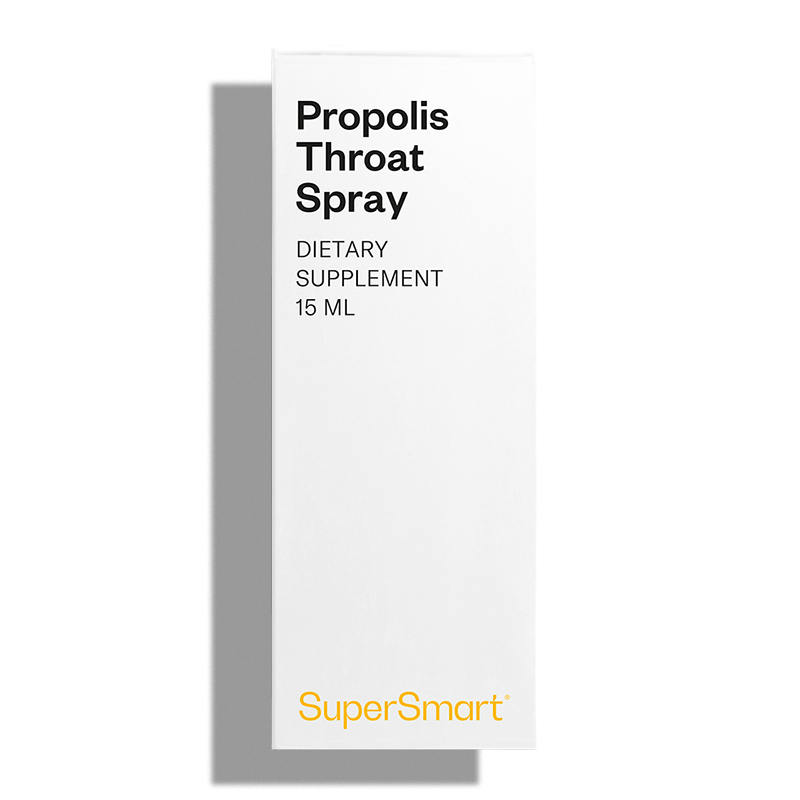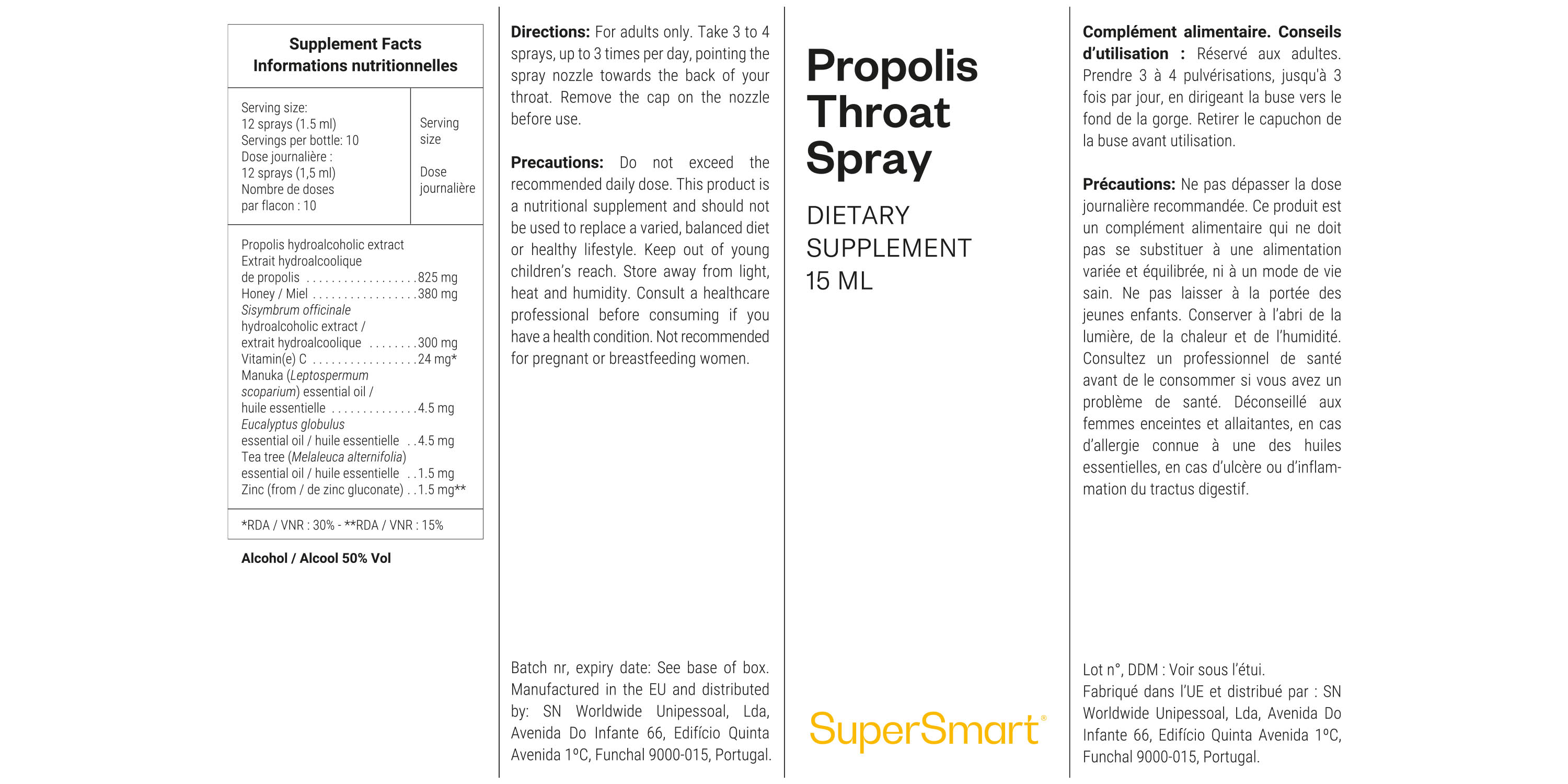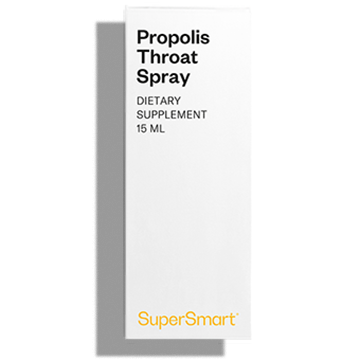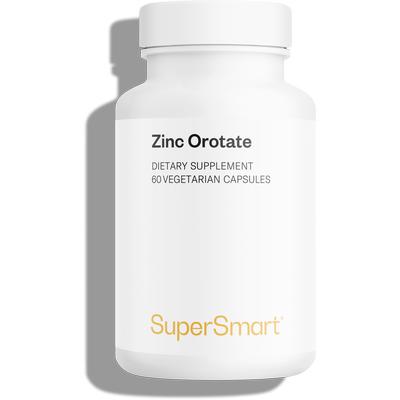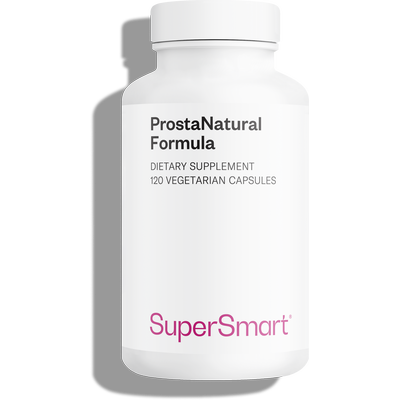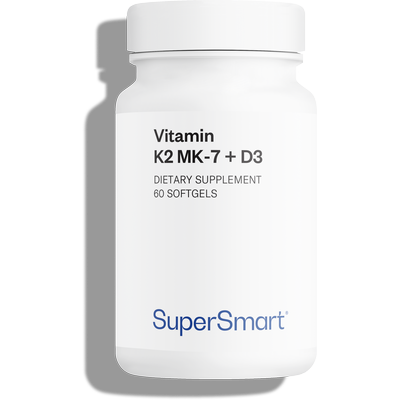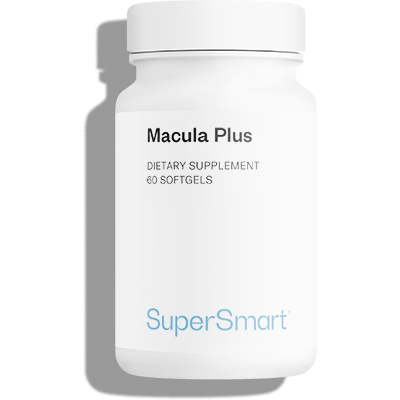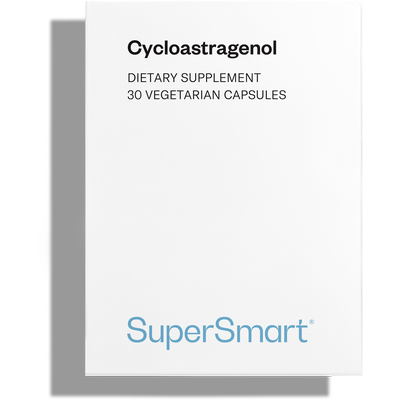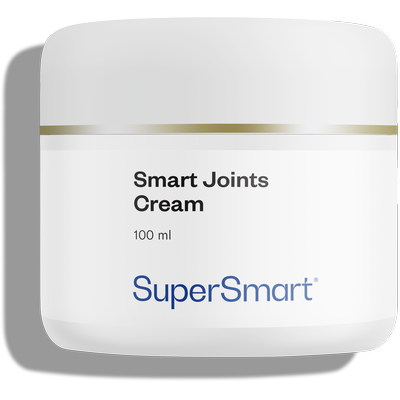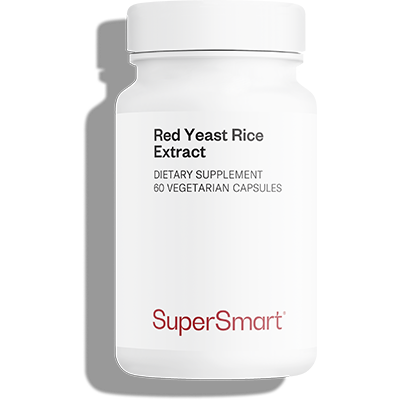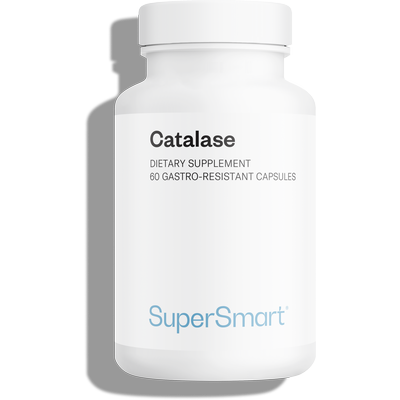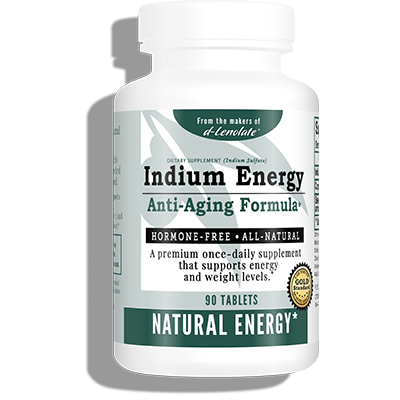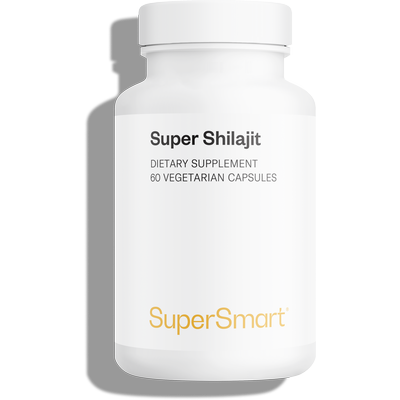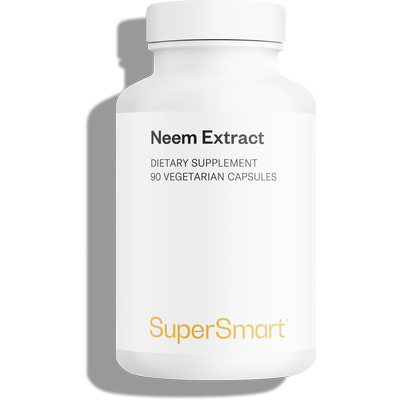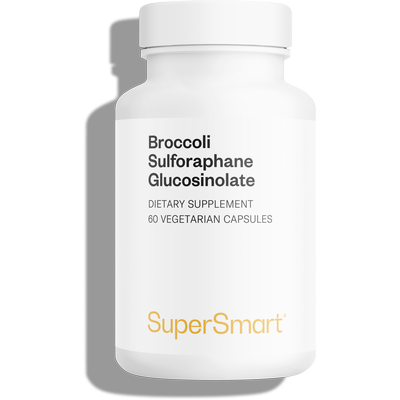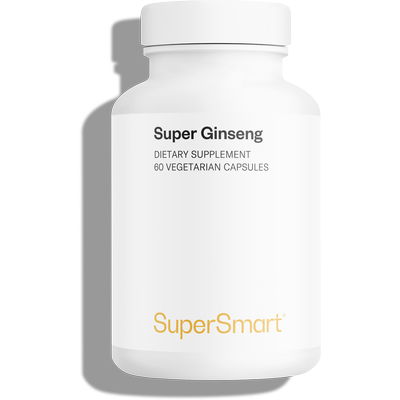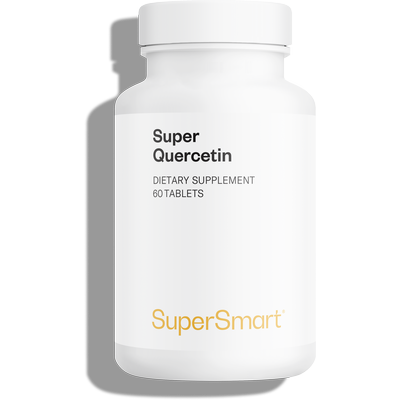Limited quantity
Propolis Throat Spray
Propolis spray for throat and immunity (essential oils, honey...)
Complete your selection
Propolis Throat Spray combines 8 active ingredients with scientifically proven benefits.
It has a dual action: it soothes the throat immediately while supporting the immune system, to help the body respond to the causes of irritation and maintain the natural resistance of the upper tract over the long term.
This particularly complete and effective spray is therefore included in our category of products dedicated to the immune system.
Composition and benefits of our propolis throat spray
The causes of sore throat
Do you feel discomfort, a tingling sensation or severe pain in your throat?
A sore throat occurs when the pharynx (the area at the back of the throat) becomes irritated by a virus, bacteria, dry air, exposure to pollution or tobacco, or a persistent cough.
Benefits of the 8 compounds in our soothing and defensive spray
Our mouth spray combines 8 ingredients with established effects on soothing the throat and stimulating immunity.
Specifically, it contains:
- hydroalcoholic extract of propolis: propolis is a natural substance produced by bees from resins they harvest from tree buds and bark, which they then mix with wax and their enzymes to form a protective material. A genuine immune shield for the colony (being both antifungal and antibacterial), propolis maintains the balance and purity of the hive. This compound is traditionally used in throat preparations because of its soothing action. The soothing effect is due to its resinous texture (which forms a light layer limiting direct contact between mucous membranes and irritants) and its potentially protective nutrients. These nutrients, such as flavonoids, appear to be able to slow down the proliferation of undesirable micro-organisms and help the mucous membrane to regenerate naturally. In particular, a randomised double-blind clinical trial suggests that a propolis-based oral solution helps to preserve the integrity and comfort of the mucous membranes of the mouth and throat, without any adverse effects (1-3). The extract used here is of the hydroalcoholic type, a process combining water and alcohol to extract both water-soluble and fat-soluble molecules from the hive's treasure;
- essential oil of eucalyptus (Eucalyptus globulus): eucalyptus is a plant native to Australia, recognisable by its silvery foliage and its fresh, camphorated fragrance. When processed into essential oil, its volatile aromatic compounds are concentrated and preserved. Eucalyptus essential oil soothes the mouth, throat, pharynx and vocal cords in the event of irritation. It does this thanks to its high content of 1,8-cineole and other aromatic molecules that stimulate the sensory receptors for cold, providing an immediate sensation of freshness, while helping to maintain the natural hydration and protection of the mucous membranes (4);
- manuka essential oil (Leptospermum scoparium): manuka is a shrub native to New Zealand, from which the famous manuka honey is extracted, reputed to soothe and heal. The essential oil of this plant is traditionally used for throat comfort. It contains a concentration of sesquiterpene molecules and triketones with a warm, woody fragrance, to which studies have attributed potential purifying and soothing properties, likely to favour the natural microbial balance and protect the mucous membranes (5);
- tea tree essential oil (Melaleuca alternifolia): the tea tree is a shrub also native to Australia, named after the European explorers who brewed its leaves as a substitute for tea. Tea tree essential oil is known to support the immune system and reduce oxidative stress. Its effects are attributed to the presence of terpinen-4-ol and other monoterpenes, which promote the production of cytokines, phagocytosis and the destruction of pathogens, while neutralising free radicals (6);
- zinc (zinc gluconate): zinc is an essential mineral involved in many of the body's vital functions. It contributes to the normal functioning of the immune system by stimulating the proliferation and differentiation of T lymphocytes and the synthesis of antibodies by B lymphocytes. It also helps to protect cells against oxidative stress by neutralising free radicals. These different properties are associated with the maintenance of natural mucosal protection mechanisms (7). Here we have chosen zinc gluconate, a form of zinc recognised for its good tolerance and high bioavailability;
- vitamin C: vitamin C, or ascorbic acid, is an essential water-soluble vitamin that plays a part in a wide range of biological processes. It contributes to the normal functioning of the immune system by supporting the activity of white blood cells. It also protects cells against oxidative stress by scavenging free radicals and helps to reduce fatigue by optimising the use of energy in the cells, thanks to its role in the synthesis of carnitine (which enables the transport of fatty acids to the mitochondria to produce energy) and in the absorption of iron, essential for cell oxygenation. All these benefits are of interest in maintaining the ENT system and natural defences, particularly during sensitive periods such as winter (8);
- honey: honey is a natural sweet substance produced by bees from flower nectar and honeydew. This foodstuff has been used for thousands of years to soften and soothe the mucous membranes of the mouth and throat, thanks to its emollient and film-forming texture (its ability to form a protective film). Honey is also rich in nutrients (minerals, enzymes, simple sugars, flavonoids, phenolic acids, etc.), making it an energising and comforting ingredient, particularly appreciated in cases of fatigue or temporary fragility (9);
- hydroalcoholic extract of hedge mustard (Sisymbrium officinale): hedge mustard is a common herbaceous plant traditionally used in phytotherapy to keep the throat comfortable and allow easy breathing. Its age-old use to prepare the voice before singing or speaking has earned it the nickname 'singer's herb'. Its soothing effects are linked to its content of glucosinolates and sulphur compounds, which encourage the secretion of protective mucus and help soothe irritated mucous membranes. Here again, we opted for a hydroalcoholic extract to effectively extract all the plant's active compounds (10).
5 key benefits of this propolis spray for the throat and immune system
Propolis Throat Spray has 5 strong points:
- a natural, effective formula combining apitherapy, aromatherapy, phytotherapy and micronutrition: our formulation combines all the natural levers for protecting and comforting the throat, namely products from the hive (propolis, honey), essential oils (manuka, eucalyptus, tea tree), plants (hedge mustard) and essential nutrients (zinc, vitamin C);
- a dual benefit: this spray offers both rapid soothing of the throat and lasting support for the immune system;
- rare, distinctive ingredients: we have chosen to incorporate manuka essential oil and hedge mustard, powerful active ingredients rarely found in ordinary preparations;
- optimal local action thanks to a controlled-release spray format: this precise, hygienic spray enables targeted spraying at the back of the throat to guarantee direct, tangible results;
- a small, portable format: this compact product slips easily into a bag and can be taken anywhere.
What is in Propolis Throat Spray
Any questions?
Our team of nutrition experts and scientists has the answers.
Remove the cap from the spray bottle and spray 3 to 4 times, up to 3 times a day, aiming the nozzle at the back of the throat for ideal diffusion.
We recommend using this product in the event of tingling, irritation or other discomfort in the mouth or pharynx, or simply from time to time as a preventive measure, typically at the change of season.
This protective resin created by bees is traditionally valued for its throat-soothing properties, due to its supple, sticky texture which forms a protective film on the mucous membranes, and its richness in potentially soothing flavonoids.
Want to support your immune system? As well as buying this mouth spray, consider taking Echinacea (Echinacea purpurea), a medicinal super-plant that helps both the body's defence system and the pharynx. Ideally choose organic echinacea combined with beta-(1,3/1,6)-glucans (see Immunity Booster).
You can also treat yourself to an extra dose of elixir from the hive, with propolis capsules. Ideally, take advantage of the effects of a dietary supplement of green Brazilian propolis, rich in artepillin C, a phenolic acid widely studied in immunology (buy Green Propolis, for example).
Would you also like to support your respiratory health? Several natural compounds are known for their benefits in this area: turmeric is an excellent antioxidant for the lungs, maritime pine bark promotes expectoration and reduces bronchial spasms, and so on. The best ingredients of this type are found together in certain synergistic formulas (such as Lung Detox).
december 25 2025
Wir verwenden es im Verlauf eines Lungenemphyems. Es hat bisher schon einige gute Dienste geleistet u. das Atmen sehr schnell verbessert. Leider ist das Spray sehr schnell aufgebraucht u. ziemlich teuer für den laufenden Gebrauch. Aber die gute Wirkung ist vorhanden, deswegen werden wir das Produkt weiterhin verwenden.
We use it in the course of pulmonary emphysema. It has already rendered some good services and improved breathing very quickly. Unfortunately, the spray is used up very quickly and is quite expensive for regular use. But the good effect is there, so we will continue to use the product.
 see the translation
Translated by SuperSmart - see the original
see the translation
Translated by SuperSmart - see the original
Need help?
You may also like
of experience
your money back
##montant## purchase

